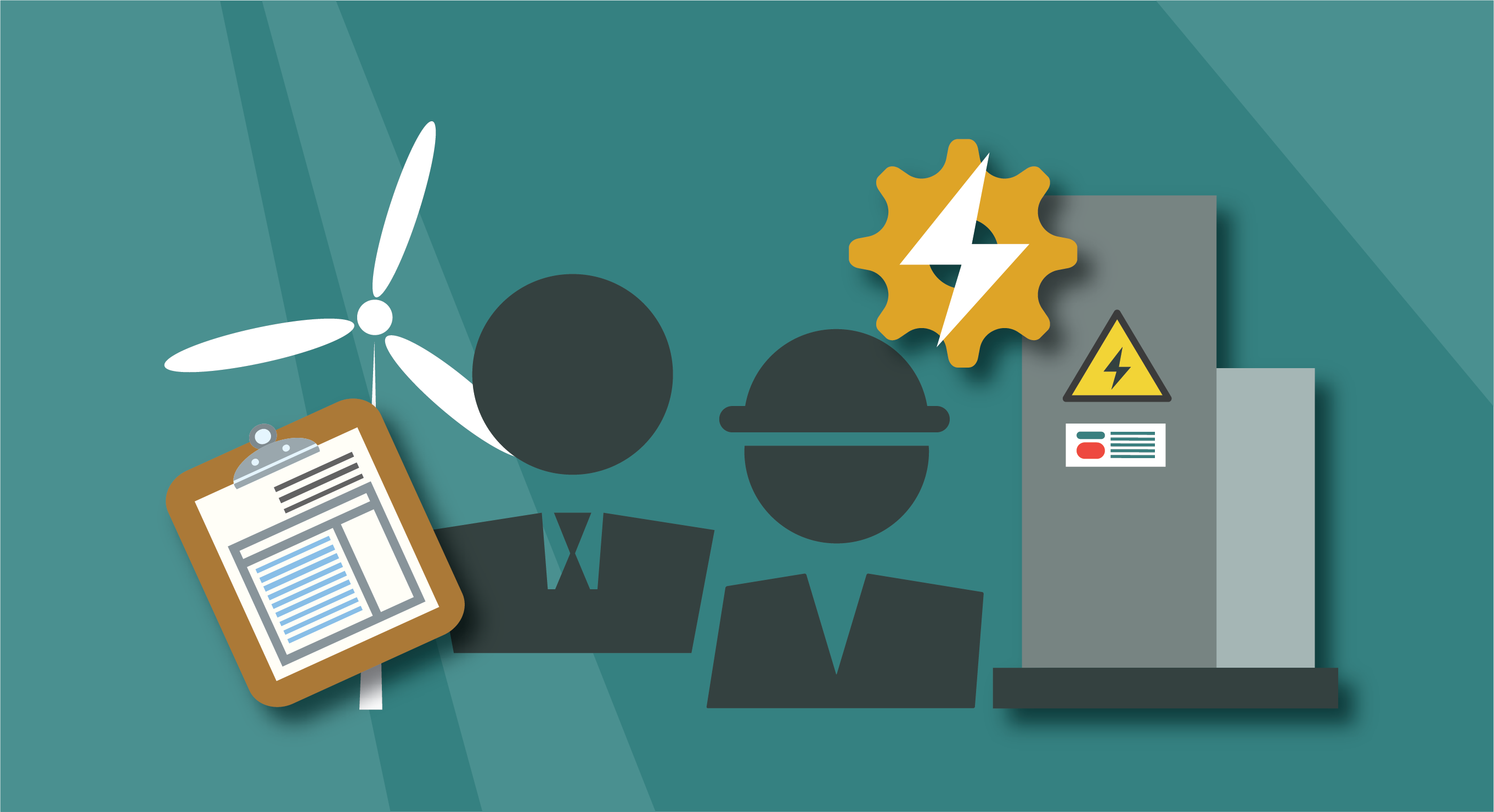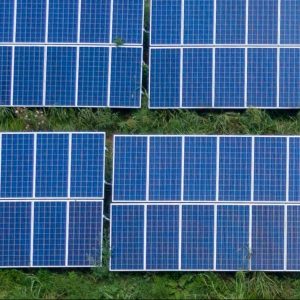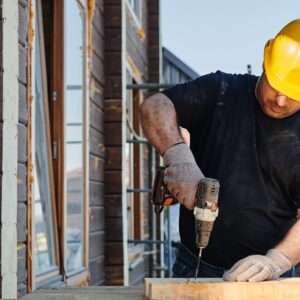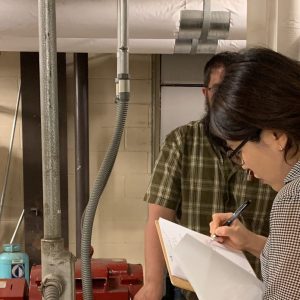Building the Clean Energy Workforce in Illinois
SEDAC is partnering with the Illinois Department of Commerce and Economic Opportunity and other Illinois public universities to develop and launch workforce training programs for clean energy jobs. These workforce programs are part of the Climate and Equitable Jobs Act, signed into law by Governor Pritzker.
The goal is to create thousands of new jobs and build healthier, more equitable communities across Illinois.
Learn more
Have a question about the CEJA Workforce Programs? Email ceo.ceja@illinois.gov
Who will Benefit?
Underinvested communities--often communities of color--are the first to suffer negative consequences of pollution but the last to reap the health and economic benefits of a clean energy future. As we move forward on the path to a 100% carbon-free future, it's critical that these same communities reap the benefits of both cleaner and and good-paying jobs.
CEJA invests over $80 million every year into developing a thriving clean energy workforce, with Black and Brown communities at the forefront. By prioritizing Illinoisans historically shut out of the clean energy economy, we can cultivate an equitable workforce that brings everyone along.
The programs will target residents of Environmental Justice communities or Restore, Reinvest, Renew (R3) Areas.
Workforce resources
How will CEJA Grow the Solar Workforce?
The Illinois Climate and Equitable Jobs Act (CEJA) sets a goal for Illinois to reach 40% renewable energy by 2030 […]
Growing the Clean Energy Workforce
It’s an exciting time to be part of the clean energy workforce! Recent state and federal legislation has brought unprecedented […]
Growing the Energy Efficiency Workforce: Crafting Effective Job Postings
In the current job market where job seekers have a multitude of different options, how do you craft a job […]
Energy Efficiency Workforce: Lessons Learned from Past Crises
Growing the Energy Efficiency Workforce Research Series In Illinois, nearly 10,000 energy efficiency jobs have been lost since the beginning […]
Building a Resilient Energy Efficiency Workforce
The economic effects of the pandemic have devastated many job sectors, including the energy efficiency sector. In Illinois, there are […]
Energy Efficiency Workforce Diversity
There are many benefits to a diverse workforce. Diversity can drive competition, improve culture, foster innovation and economic growth, and […]
Impact of COVID19 on Energy Efficiency Workforce
By Devin Day, SEDAC Engagement and Program Specialist The coronavirus pandemic has created an unprecedented level of uncertainty for industries […]
Energy efficiency workforce: Raising awareness
The energy efficiency sector has a high demand for workers--especially in the HVAC technician and construction industries--yet few young people […]










